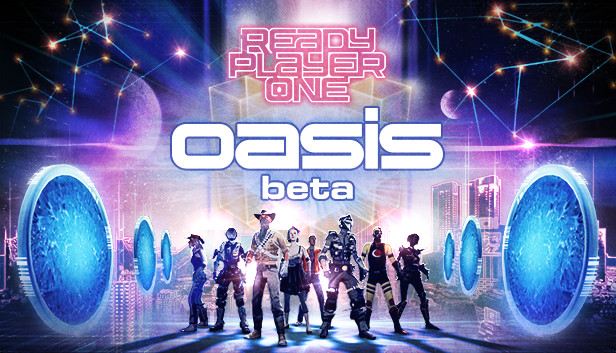Oasis: The First Fully AI-Generated Video Game Is as Surreal as It Is Fascinating

Generative AI is reshaping industries, and gaming is no exception. While games like Minecraft have captivated millions with their open-world creativity, the recently launched Oasis takes a radically different approach. Developed by Israeli AI startup Decart in collaboration with Etched, a custom silicon design company, Oasis is the world’s first fully AI-generated game.
Rather than relying on pre-coded rules or traditional game engines, Oasis uses a transformer AI model to generate every frame dynamically. The result is a bizarre, mesmerizing experience that challenges conventional notions of gameplay while hinting at the future of game design.
Oasis is built on AI technology similar to the transformer models behind large language models (LLMs). Unlike most video games, where environments and interactions are carefully programmed, Oasis generates its world frame by frame based on what the AI “imagines” should come next.
Dynamic World Generation: Instead of static or pre-planned environments, the game’s landscape morphs in real-time. A texture you examine closely may shift entirely when you look away, creating a surreal, dream-like experience.
Player Interaction: Users influence the game’s evolution through simple inputs like mouse clicks or movements. You can even upload images—like a photo of your pet—which the AI transforms into unique in-game landscapes.
Inception-Like Gameplay: The constantly shifting environment feels like stepping into an artist’s impression of a lucid dream. Structures may warp unexpectedly, and familiar terrains can dissolve into alien worlds at the AI's whim.
At its core, Oasis relies on a transformer-based AI model, trained on extensive Minecraft gameplay data. While inspired by Minecraft, Oasis doesn’t simply replicate its predecessor. It ventures into uncharted territory, blending familiar mechanics with the unpredictability of generative AI.
Transformer Models: Used to predict the next frame based on the current one and user input, ensuring fluid transitions between gameplay elements.
Custom Hardware: Leveraging optimized silicon by Etched, the game demonstrates the potential of specialized AI hardware for real-time applications.
Open Source Data: Trained on an open-source Minecraft dataset, the game demonstrates how generative AI can reinterpret existing datasets into entirely new formats.
Despite its quirks, Oasis has gained viral traction. Players have pushed the AI’s limits, coaxing it to hallucinate fantastical environments or even teleport them to dark, otherworldly landscapes.
Exploring the Unpredictable: Players delight in seeing how the AI reinterprets their inputs, whether building misshapen livestock or creating stairs that lead to nowhere.
Uploading Custom Images: Transforming photos into bizarre in-game landscapes has become a popular feature, adding a personal touch to the experience.
Speedrunning and Teleportation: Some players aim to "break" the game, discovering hidden glitches or forcing it into unexpected scenarios.
While Oasis offers an exciting glimpse into generative AI's potential, it also highlights the current limitations of the technology.
Unpredictability as a Barrier: Julian Togelius, a computer science professor at NYU, notes that the game’s inconsistency makes it less suitable for traditional gaming. Generative AI, however, holds promise for future applications such as NPC behavior or procedurally generated worlds.
Uncanny Valley of Gameplay: Game designer Frank Lantz describes Oasis as caught in an "uncanny valley," where its novelty prevents it from being genuinely fun. Yet, he acknowledges its groundbreaking nature and believes it could inspire new gameplay mechanics.
Oasis is both a proof of concept and a harbinger of what’s to come. While its gameplay may feel experimental, it signals a future where AI-generated games could:
Create dynamic, personalized gaming experiences.
Automate world-building, reducing development costs.
Enable infinite replayability through adaptive environments and scenarios.
With further advancements in AI stability, control, and hardware optimization, generative AI could revolutionize how games are designed and played.
Oasis may not yet rival traditional games in terms of polish or playability, but its significance cannot be overstated. By combining cutting-edge AI with creative ambition, it paves the way for a new era of interactive entertainment. As the technology matures, we can expect generative AI to redefine the boundaries of gaming, offering experiences that were previously unimaginable.
For now, Oasis stands as a fascinating experiment—a surreal, ever-shifting playground that challenges the very idea of what a video game can be.

For modern telecom enterprises, delivering exceptional QoS is no longer optional—it’s a brand differentiator and a strategic lever for growth. Static provisioning models won’t cut it in a world of hyper-dynamic data usage.